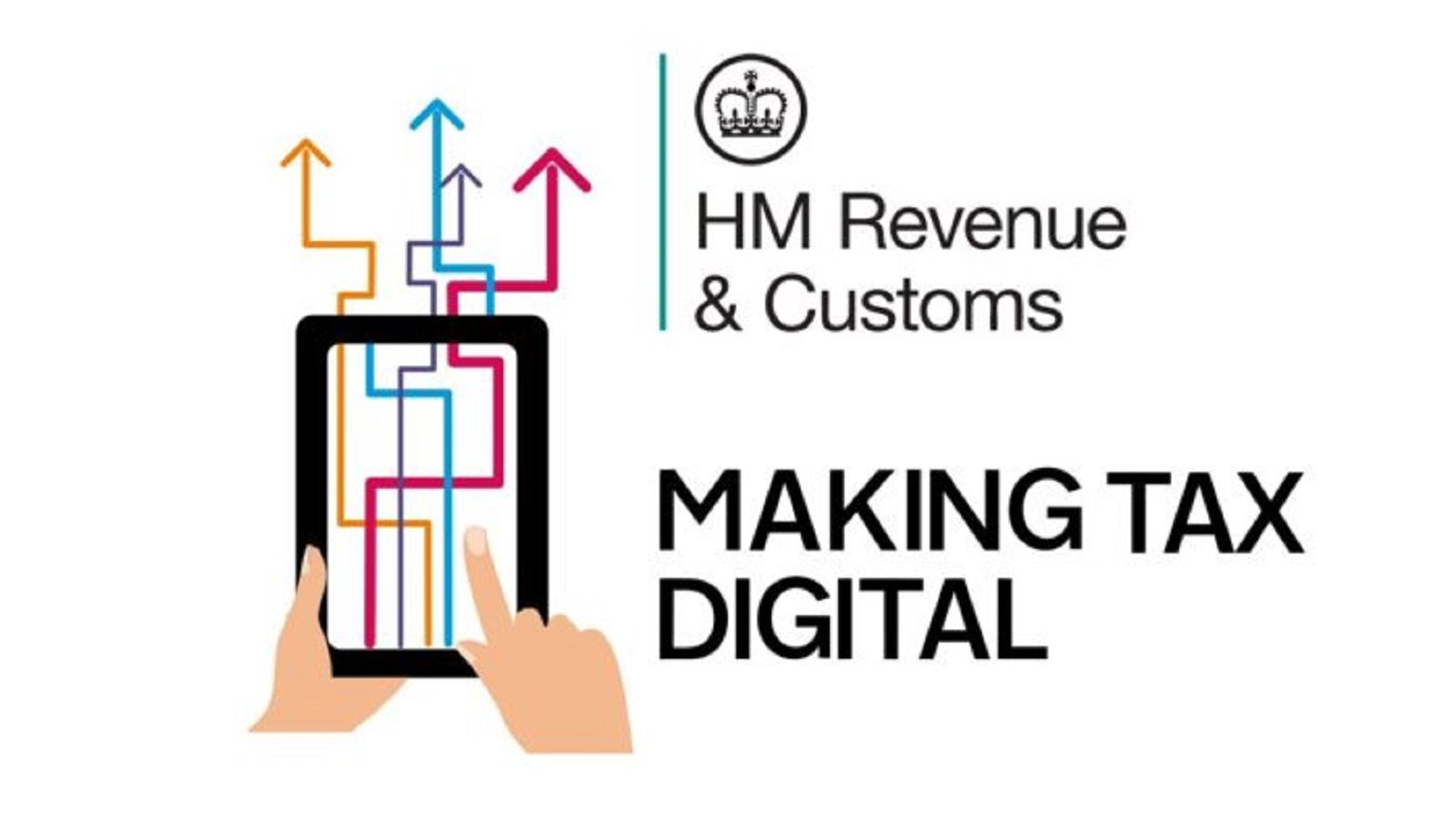Talk to a specialist

Darren Wingfield
Commercial Manager
Leave your details below and we’ll give you a call to chat about how we can help your business move forward.

Darren Wingfield
Commercial Manager
Leave your details below and we’ll give you a call to chat about how we can help your business move forward.


The Making Tax Digital UK government initiative represents a dramatic shake-up within the world of business accounting. And thanks to the many deadline extensions and other changes that have been introduced since its conception, it’s little surprise that businesses, sole traders and landlords feel somewhat in the dark right now on all things MTD.
In this post, we’re taking you on a whirlwind tour of the various changes, delays and extensions that have affected businesses on their path to Making Tax Digital - and exploring the effects of these changes on entrepreneurs across the UK.
A quick refresh on Making Tax Digital
Making Tax Digital is part of the UK government’s Tax Administration Strategy, and seeks to digitise and drive efficiencies within the UK tax system.
In a nutshell, the initiative requires business and self-employed individuals to:
A timeline of MTD changes and delays
The original plan - set out by the government in December 2015 - was for businesses and sole traders to be able to make use of Making Tax Digital from the end of 2018. So, needless to say, things are running a little behind schedule.
There have been various delays and updates along the way since the idea of this initiative was first introduced, including the following key changes:
Understanding the implications
Understandably, the various delays to the implementation of MTD have disrupted timelines for businesses and sole traders across the UK. But as deadlines are pushed further and further back, this doesn’t mean having to put your plans on ice.
The advent of Making Tax Digital means having to embrace digitised accounting once and for all - and this should be considered a welcome change, for all it presents a significant change for many businesses.
Improving your digital accounting literacy sooner rather than later is a challenge worth taking on in the months to come, as this will stand you in the best possible stead come these all-important deadlines. Investing in cloud accounting software such as Xero will bring with it numerous benefits, including making your accounting processes dramatically more efficient and reliable, while also preparing you for the MTD age.
If you’re looking to digitise your business accounting and unsure where to start, you’re in the right place. At Harlands Accountants, it’s our mission to make your accounts as efficient and hassle-free as possible. Find out how we could help you account with confidence by getting in touch now.